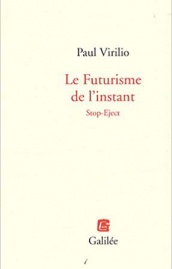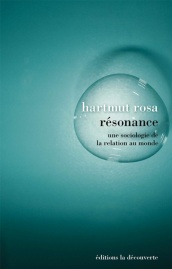The instantaneity tyranny
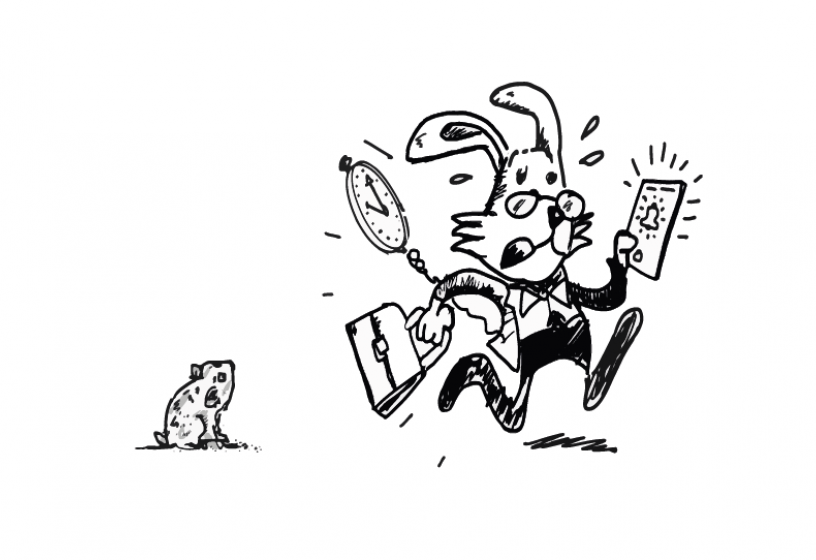
The new alpha and omega of our society are urgency, time competition, ultra-reactivity. The new era of machine time carries us away into a whirlwind asking the question of meaning and jeopardising our ability to act and think. In this context, how to live following the instantaneity tempo?
Welcome to the machine time
At the end of World War II, Albert Einstein said: “there are three bombs: the atomic bomb, the information bomb and the demographic bomb”.
According to Paul Virilio, a great philosopher known for his writings about speed, the current threat, today’s “bomb”, is the substitution of the “reasonable time” - normally submitted to necessary thinking periods - for a “machine time” whose pace is set by supercomputers. Speed, formerly limited by the “time-wall” seems shaken in its profound essence. If yesterday, one was still witnessing an acceleration of history, today we notice an acceleration of reality. Farewell the idea of living in the present, the new world rhythm is set by instantaneity, racing with the next minute, working in “real-time”. So then, how to survive this infernal beat? In a society defined by speed and immediacy, the new evil of the century lies under the feeling of constant emergency. The human brain is reduced to absolute devotion to the whirlwind of instantaneity.
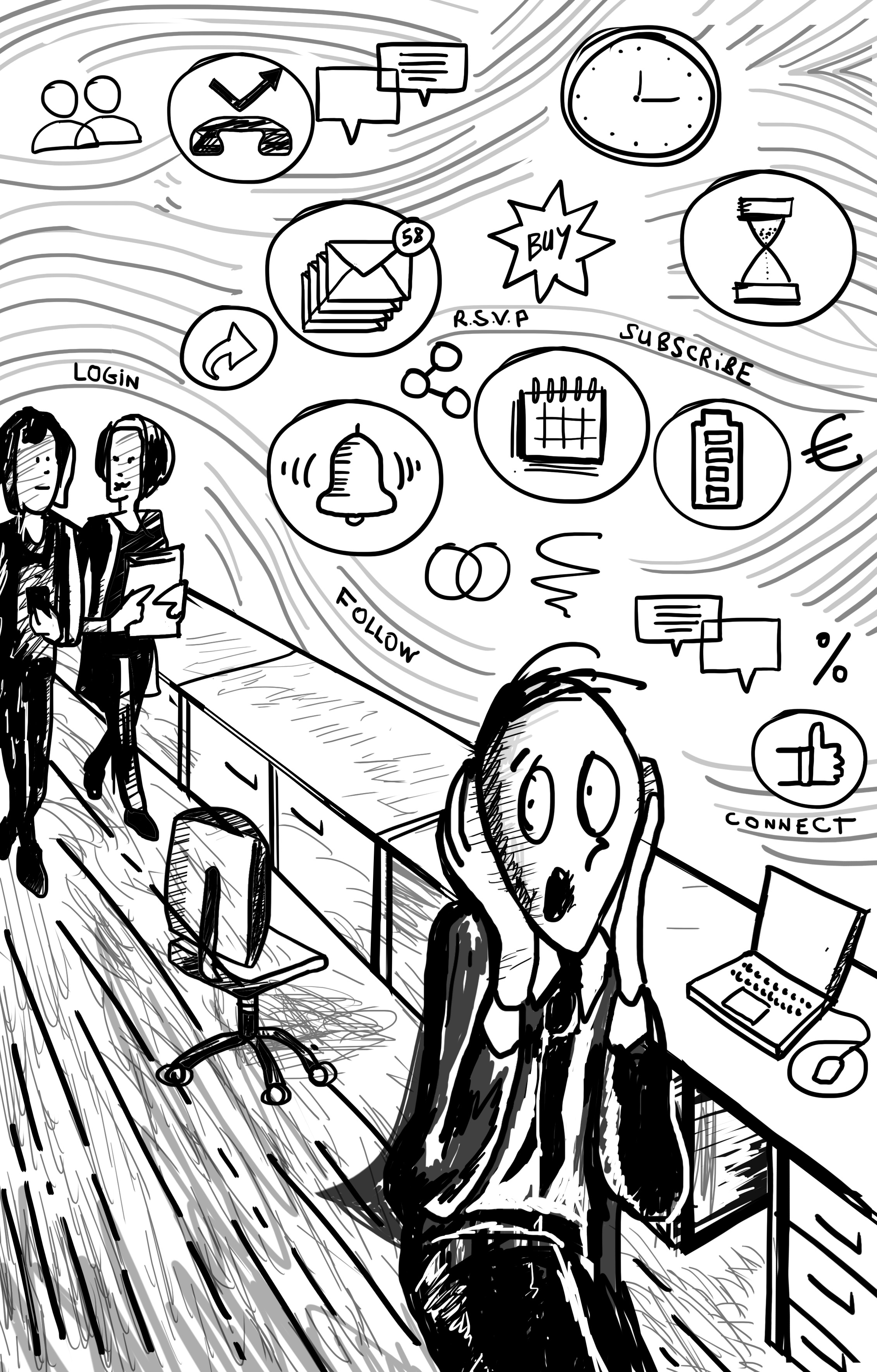
Historian Jérôme Baschet talks about an urgency-based dictatorship, an oppression which gives us the continuous feeling of running out of time, of not being able to think well or even to think at all. Humankind, as a machine, does not seem to be able to think about the future, it only continuously deals with the time being. Reflections are getting sacrificed to reflexes. After the “time-wall”, it is the “meaning-wall” that is breaking.
Acceleration is reversely proportional to the wealth of meaningful sense. In such a state of exhilaration, there is little time left for thoughts, especially thoughts about the growing complexity of the world and its significant challenges. Is this evolution bearable? The called by Norbert Elias “tyranny of clocks” generating temporal pathologies tends to suggest otherwise.
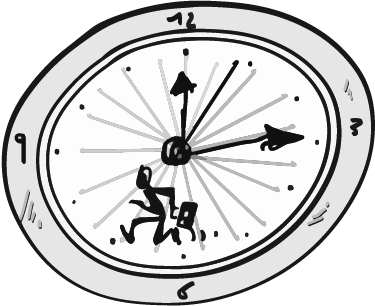
A Brief History of Time
For centuries and throughout parts of the globe, humankind has incessantly questioned time. It has been the object of various interpretations. Thus, some described it linear, others as circular or elastic. In Antiquity, time was flexible: one winter hour lasted less than one summer hour: one unit of time relied on the length of daylight. Later, Isaac Newton discovered gravity and declared time to be constant and linear over the entire planet. Albert Einstein considered time in relative terms. According to the physician, time depends on two variables: perception (emotions) and environment (such as magnetism, speed of light or the distance between us and a black hole, etc.).
A widespread attention crisis
Once characterised by access scarcity to knowledge, society is currently overwhelmed by an unbelievable amount of information. In the new jungle of data, it is not easy to find your way to the right content. Besides, beware of ambushes! Fake news, post-truth, deepfake,... many pitfalls are set to undermine the essential resource of attention. The literature theorist Yves Citton, explains that because of accelerations induced by massive diffusion of technologies such as artificial intelligence-based digital tools and software and search engines’ algorithms, attention has become the gold-stone of the market economy. An advert here, a message there. Overloaded brain: widespread attention crisis!
Beyond market issues, attentional topics are at the heart of social concerns. Yves Citton points out that attentional criteria are intrinsically linked to assessment systems. Then, if work is now evaluated through our response speed to any requests, how can we put matters into perspective, disconnect or even focus entirely on something? Nowadays, we let our attention slip from one notification to another, starting on the pillow until the office and back. This means exposing oneself to many risks: lack of concentration, stress, hyperconnection, decision crisis, error tetany, social relation deterioration. A list is unfortunately not exhaustive.

FOMO, FOBO, FODA, from connection to tetany
Being concerned about disconnecting, feeling the desirenot to miss any piece of information and having the ambition to know every aspect of a subject is conceptualised as FOMO “Fear Of Missing Out”, the fear of missing anything or of being left out. The immediate consequence of FOMO is a connection dependency. It prevents any perspective into a situation or subject of reflection.
The next stage of this phenomenon is FOBO “Fear Of a Best Option”, the fear that a better alternative will come along. It gets tangible when finalising a decision, or settling a situation, as the doubt of a better possibility appearing within a minute, an hour or a week. This need for permanency is impossible to fulfil in the professional world as in private life.
The third level is also aptly named: FODA “Fear Of Doing Anything”, this phenomenon is the result of the two previous ones. Continuously staying connected to all communication channels and postponing decisions until being sure of their relevance over time is equivalent to locking yourself into a catastrophic immobility and decision-making paralysis when living in the age of entrepreneurial agility.
Time competition: the illusion of profitable immediacy
“Time is money”, this well-known motto has been adopted by the business world as a modus operandi since the emergence of Taylorism at the end of the 19th century. Hence, although professional practices have evolved over 200 years of history, everyone recognises time stakes as an indivisible form of efficient work. Today, in a digitised context of market globalisation without spatio-temporal barriers left, there is a need to be ever more responsive, swift and omnipresent. Simultaneity, immediacy, ubiquity, urgency, instantaneity have become standardised terms. How to navigate serenely in a world where everything is accelerating? And towards which goal, which destiny is this ever-increasing cruising speed boat leading us? In 1936, during “Modern Times”, Charlie Chaplin put forward the absurdity of this need to always go faster and faster and the idea of being carried away by the machine. Logically, this acceleration of our societies and these empty-running communications need to be questioned. Breathless, tired, eyes glued to our disproportionate authority clock, have we been swept away into the frantic race of the white rabbit from Alice in Wonderland?
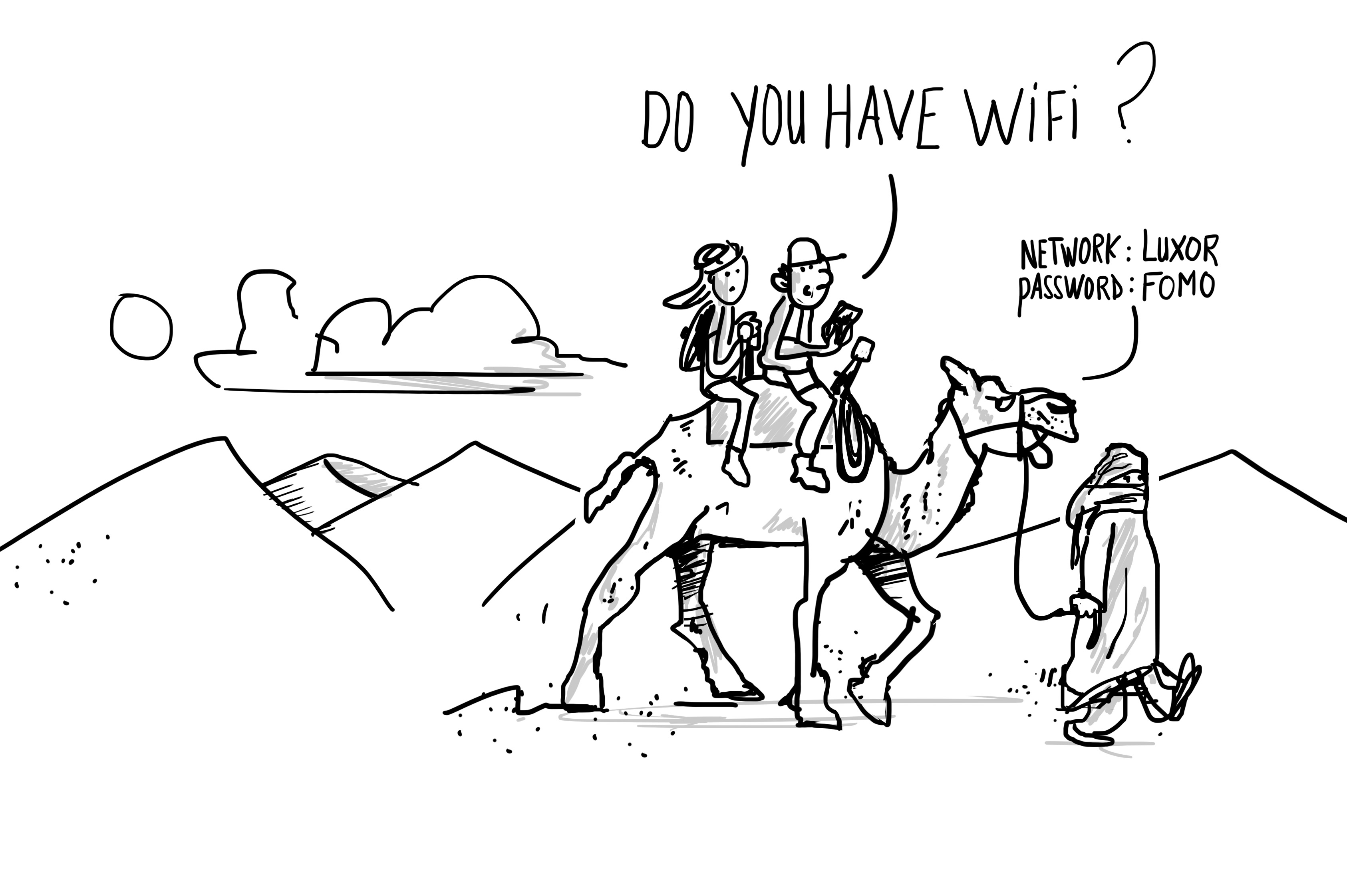
Also to be read in the dossier "Fast Mode":
